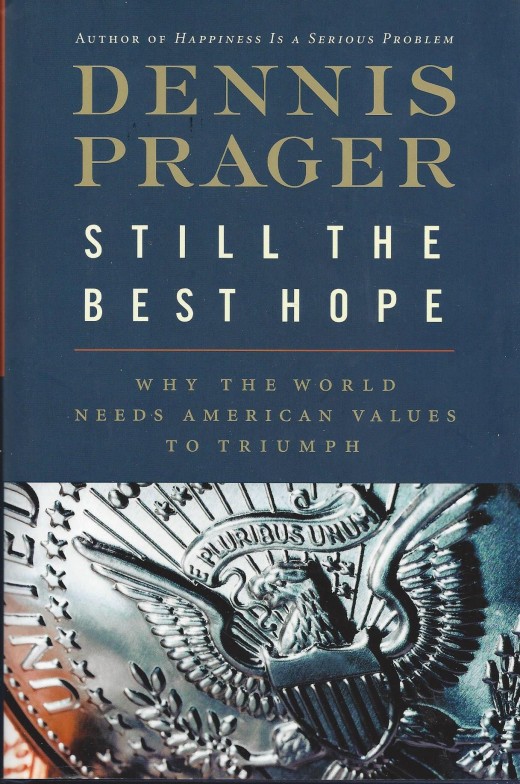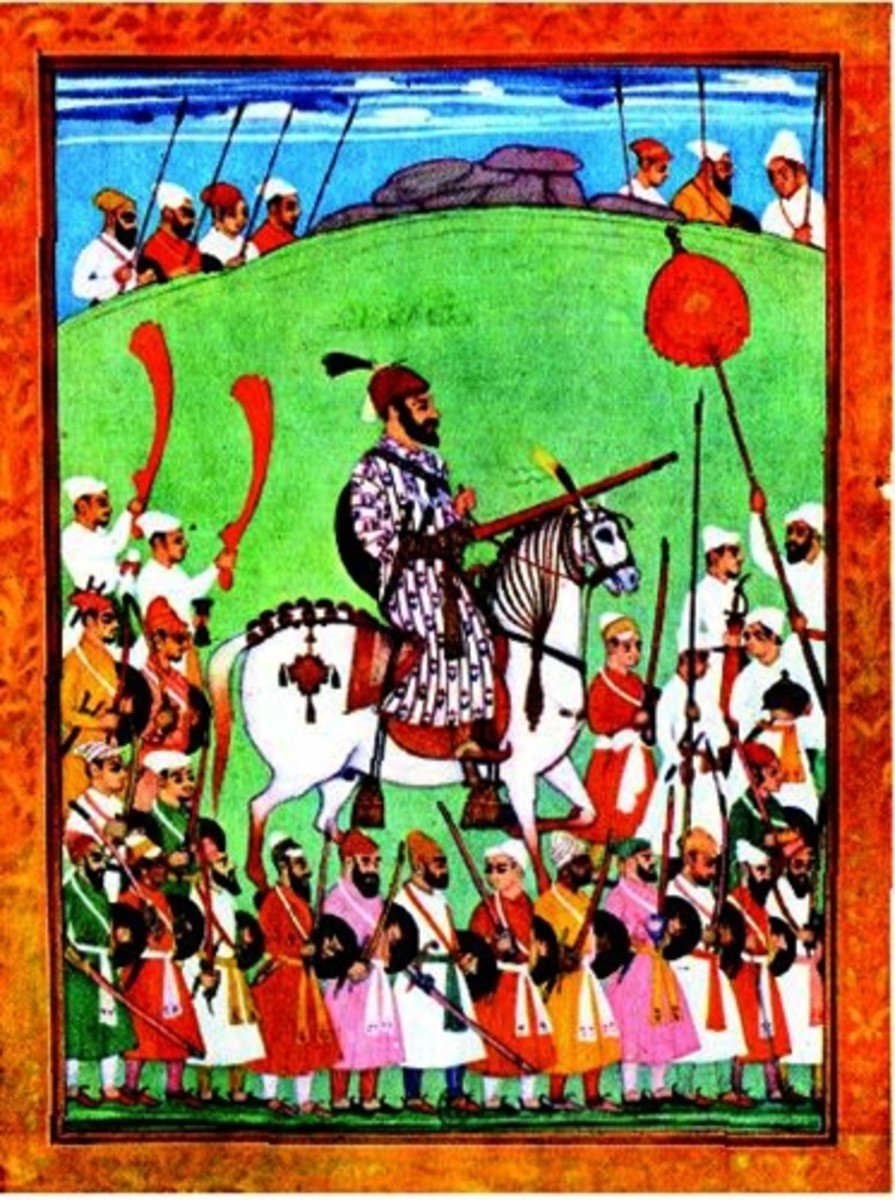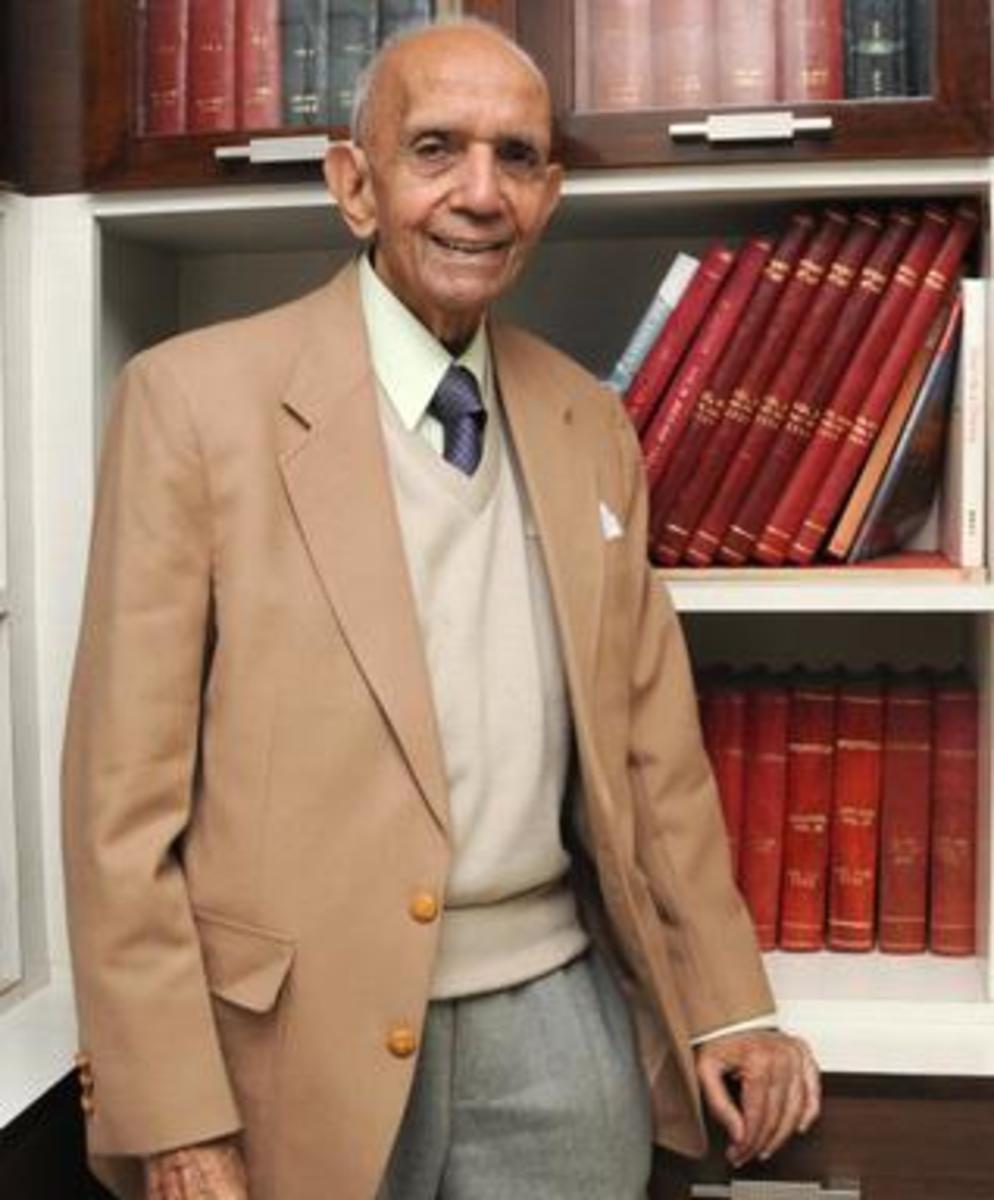- HubPages»
- Books, Literature, and Writing»
- Literature»
- Literary Criticism & Theory
Book Review: 'Still the Best Hope' by Dennis Prager
Introduction
Dennis Prager is probably known for his 1998 book “Happiness is a Serious Problem” and similar titles, if not for his talk show. However, Dennis Prager's book “Still the Best Hope” can be described as an exploration of the world views literally fighting for dominance in the world.

Positive Points About Still the Best Hope by Prager
Dennis Prager explains the incompatibility of the three main world views both with American values and each other. You can have sexual freedom under liberalism or oppression of women and gays under Islamisicm. You can have the freedom to pursue happiness and possibly get rich under the American model or economic equality under liberalism, though equality may be poverty. You can have freedom of religion under the American model or Islam on top and dhimmitude under Muslims or forced secularism under liberals.
He is able to clearly define the American identity in a few simple terms. Whereas Michael Savage defines a nation as “language, borders, people”, Dennis Prager uses the more inclusive trinity “Liberty, In God We Trust, E Purbius Unum”.
The author recognizes that all three world views are incompatible, while admitting that there are liberals and Muslims who can live peacefully within America. While a sizable minority of the Muslim population supports terrorism and almost all global terrorist attacks are committed by Muslims, most of the world’s billion plus Muslims are not committing acts of violence. It is in fact the violence of the Muslim extremists that prevents many moderate Muslims from speaking out, due to their frequent murders by Muslim extremists. For example, Ibragim Dudarov, a moderate Muslim mufti in Russia, was murdered by Islamicists. In Mali, Sharia supporting terrorists issued fatwas giving them the right to kill Muslims who oppose Shariah; in 2012, sixteen moderate Muslim leaders in Mali were killed for refusing to support Shariah law. Dennis Prager foresaw the rise of Islamo-Fascism in the form of ISIS, Boko Haram and similar groups seeking to restore the caliphate.
Mr. Prager gives an insightful explanation as to how many institutions that seem to be conservative can act in ways that are liberal/secular. He describes the infiltration of many American groups by liberal secularists, explaining how the Presbyterian church could argue that Israel is an apartheid state for building a wall despite the ongoing bombings and missile attacks it receives or Ivy League institutions founded as seminaries now support LBGTA students to the detriment of their original, Christian mission.
Dennis Prager’s book “Still the Best Hope” has many data points and citations to back up his assertions. For example, when countering the liberal secular argument that we don’t spend enough on education and need more money to fix the problems kids suffer, he is able to demonstration that we spend $2,769 in constant dollars in 1960 and $10,041 in 2010 and still get flat test scores. Instead of saying more money won’t solve the problem, he demonstrates that we’ve already ramped up funding and failed to improve test scores, therefore educational achievement won’t be further improved by throwing more money at it.
Where is dividing line between liberal secular and American, if there are so many with the liberal secular world view in American institutions? He gives the simple test of divinity of religious scriptures. Liberal secular Christians don’t believe the Bible is divine or divinely inspired, while Christians with his American world view hold the Bible to be divinely inspired. He elaborates that the same is true for Jews; liberal secular Jews don’t revere the Torah while conservative American Jews do.
Dennis Prager weaves the world view explanation into an explanation of different political beliefs. If you are a liberal secularist, there may or may not be a God but there is only this world for certain, so all efforts must be directed toward making this world a Utopia. If you are an American, there is an afterlife while this world will never be perfect.
Holders of the American world view donate a greater percentage of their income and time to charity than secularists because of their religious beliefs, while secularists see their taxes as their contribution and the government as the source of all solutions and care for the disadvantaged. Since secularists deny the soul, evil and personal choices to commit evil do not exist; only genetics and the environment explain “bad” choices.
Thus solutions for evil acts are to ban guns because someone shot up a school, or criminals need more social services, instead of admitting that there are bad people who will do bad things. If there is no soul, there is no personal responsibility, only society to directly or indirectly blame. He describes in plain language how the world view creates the political view, without in depth philosophical diatribes.
The Downside of "Still the Best Hope"
Dennis Prager only recognizes three world views as competing for global dominance: Islamicist (Islamic domination including Shariah law), the liberal secularist worldview and the American world view. The Chinese model he sees as an extension of liberal secularist but unable to afford the welfare state that is bankrupting Europe.
The author bases these three world views on the size of their numerical base, such as over a billion Muslims and hundreds of millions of liberal secularists across Europe, Japan, Russia and the liberal elite in the United States. He doesn’t seriously consider any other model, whether libertarian or Chinese.
Denis Prager’s book discusses the world view conflict and can inspire one to take action – but then says little of what conservatives with American values can do. “Still the Best Hope” has one line calling for readers to raise grateful children so that they do not become self-centered, entitled and thus dependent upon the government. He names moderate Muslims like Muqtadar Khan, Dr. Zuhdi Jasser, and Ahmed al-Rahim as examples of leaders who could reform Islam from the inside, potentially leading Muslims to set aside the assumed right to conquer or kill those who do not convert to Islam. Yet he offers no advice on how to support their effort to bring the modern equivalent of the Enlightenment to the Islamic world.
Mr. Prager lists clear examples of extreme bias in the media, from the inability to call Muslim terrorist terrorists or mention that they are Muslim at all, despite screaming “Allahu Akbar” or “God is Great” while killing people. Yet he goes to great lengths not to name many media outlets that offer the American worldview he espouses.








